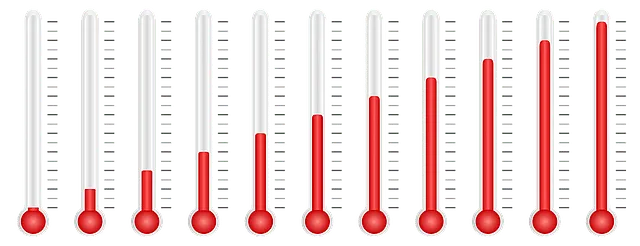Srinagar, June 14: The Indian Meteorological Department (IMD), the Indian Council of Medical Research (ICMR) and No More Malaria – an NGO – are partnering to study the role of rainfall and temperature with cases of malaria.
A pilot work will be taken up with the Odisha state government this year but will eventually be launched across the country.
Among the many specialised meteorological forecasts, IMD issued weekly temperature forecasts for dengue and malaria on an all-India basis. The IMD has sought collaborations with states and other stakeholders, for which the MeT office and the NDMA are in talks with a number of state governments.
“IMD has been sharing the meteorological data on an experimental basis for more than one year and our product is available for the entire country. However, the validation of these vector borne diseases will happen when the health data is made available,” said Mrutyunjay Mohapatra, Director General, IMD
Mohapatra said although the study to understand the role of rainfall and temperature with cases of malaria has been started in Odisha but will be taken to the rest of the country as well.
“In order to ensure this, we will need collaboration and a mechanism to collaborate is being developed through this NGO and the Odisha government. Efforts are being made to operationalise this initiative for different states. We will eventually have it ready for the rest of the country as well,” the IMD chief said.
Vector-borne diseases such as malaria are priority targets for action in the health-climate agenda. The relations between these diseases and the climate variables have been extensively studied in the past and experts feel it is time to apply this evidence to design programmatic solutions to accelerate the country’s progress against these diseases.
“Malaria No More, a non-governmental organisation, collaborates with the India Meteorological Department (IMD) and the Indian Council of Medical Research (ICMR) in creating a multi-disciplinary India Interagency Expert Committee on Malaria and Climate (IEC) to explore and advance climate-based solutions for accelerating malaria elimination in India,” a statement issued by the NGO said.
The NGO’s weather-based forecasting model is designed to produce data-driven solutions to guide the planning of national malaria prevention campaigns, test and treatment interventions, advanced positioning of medical products, and the deployment of community health workers.
The forecasting model uses advanced weather data, health information and deep-learning algorithms, and produces practical visualisation outputs for local decision-making in the pilot districts of Koraput and Malkangiri in Odisha, the statement added.






